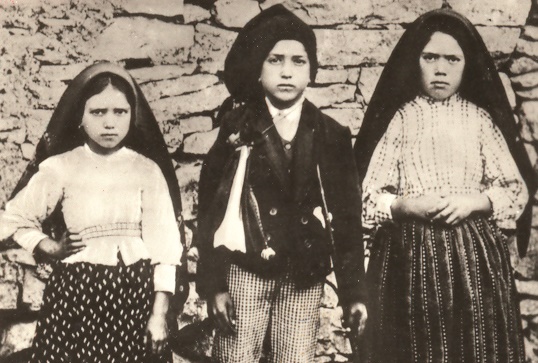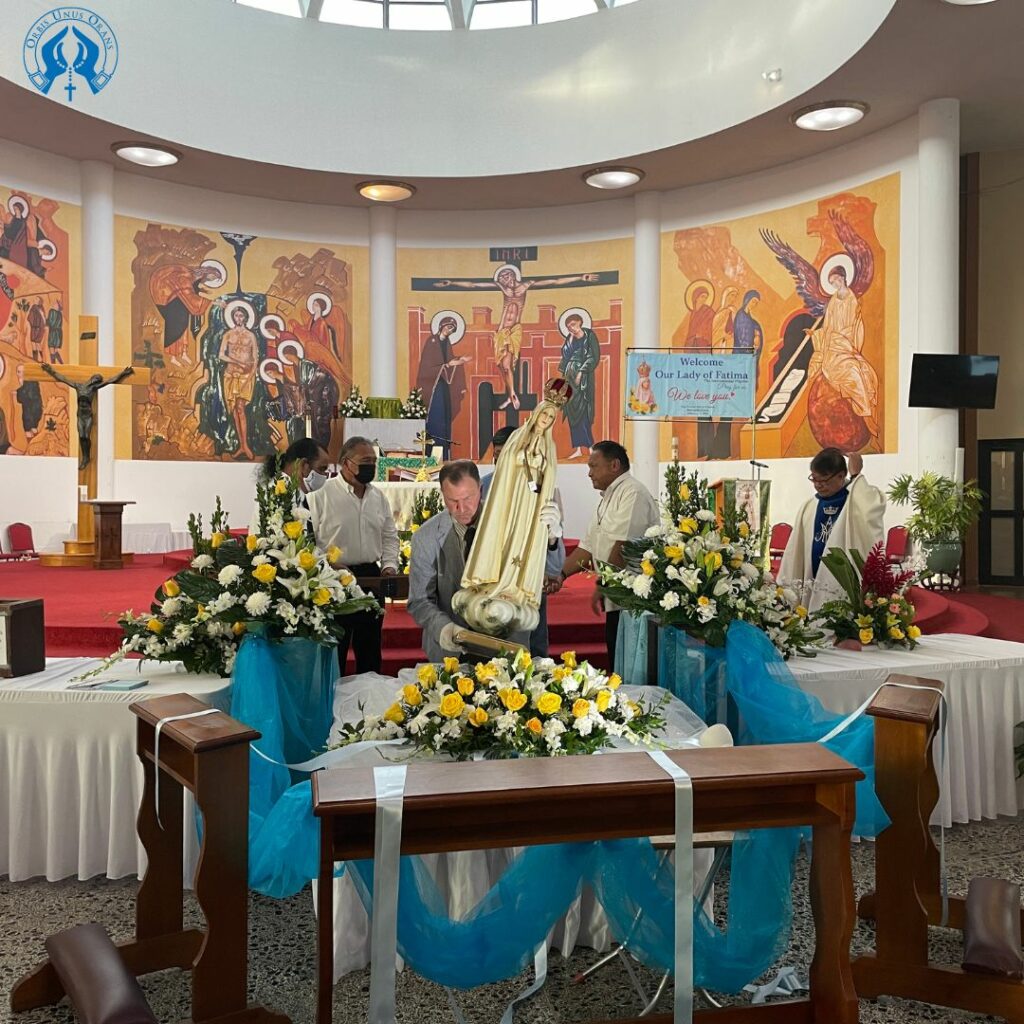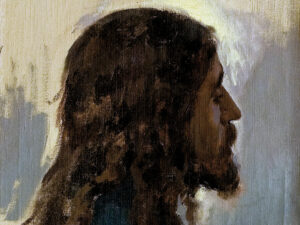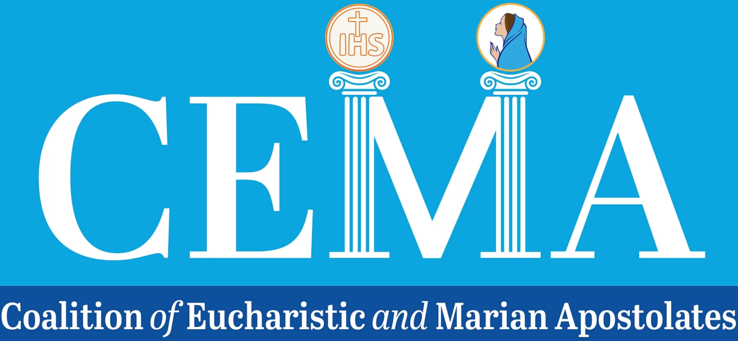by Donal Anthony Foley –
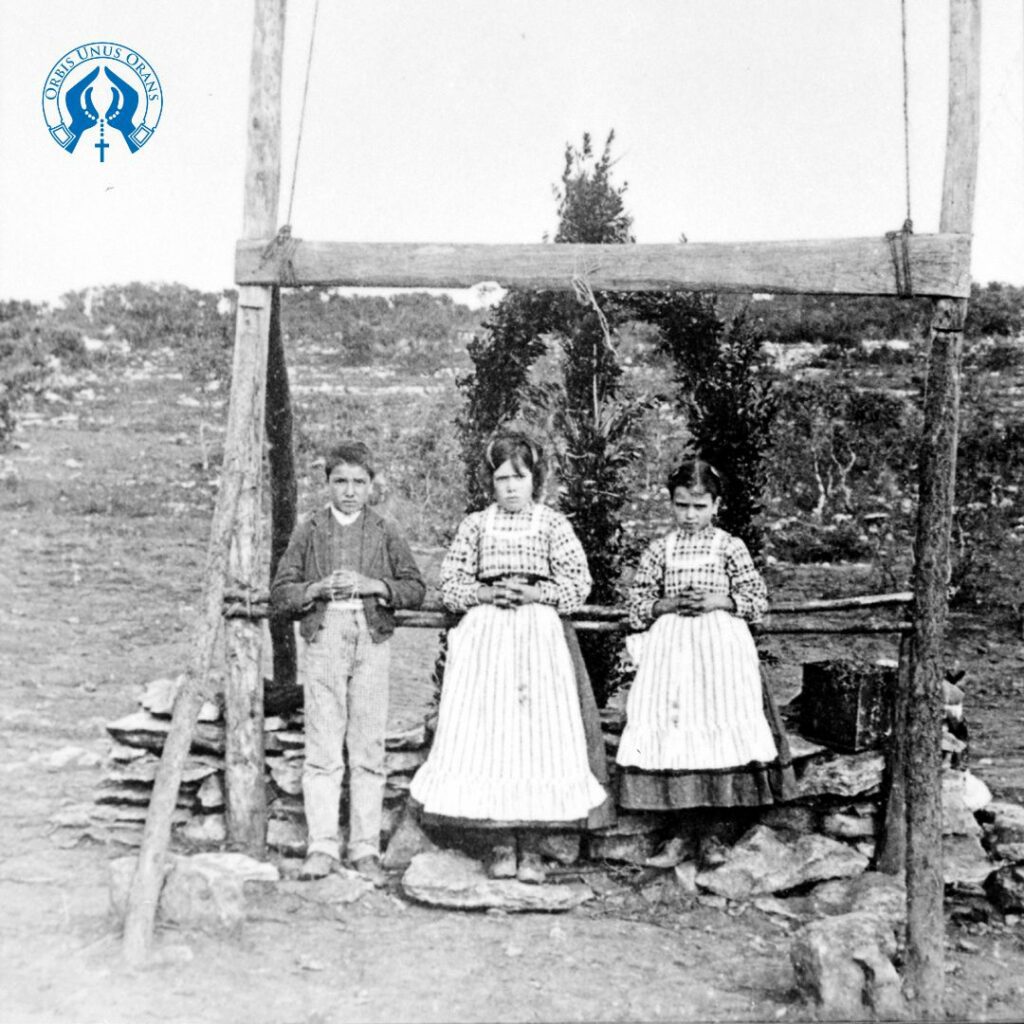
The fourth Sunday of Lent is also known as Laetare Sunday – Rejoice Sunday – from the opening word in Latin of the Entrance Antiphon at Mass, a text from the prophet Isaiah, which begins, “Rejoice, Jerusalem, and all who love her.”
Traditionally, Jerusalem, and especially the heavenly Jerusalem, has been seen as a type of the Church – as pointing to the Church – and so on the fourth Sunday of Lent, Catholics who make up the Church are called to rejoice, relax their Lenten discipline, and look forward with hope to the celebration of Easter.
Laetare Sunday, which comes roughly in the middle of Lent, is a good time to begin reflecting on how well we have kept Lent. Have we gone off course? Do we need to re-focus on the basic Lenten themes of prayer, fasting and almsgiving?
If that is the case, then fortunately, there is still time to do something about it. From now on, if we are struggling during the rest of this Lenten season, let us recall the fourth Sunday – it is an encouragement that Lent, like life itself, will come to an end, and then we can look forward to a great reward, to the joys of Easter in this life and to heavenly joy in the life to come.
The Fatima children were very much focused on attaining heaven. Reading accounts of their lives, it is easy to get the impression that after they saw Our Lady, they were almost overwhelmed with sufferings, whether these were due to external circumstances or to their own austerities and fasts.
While this is true to an extent, we must also take into account the great joy they experienced from their heavenly encounters and spiritual practices and realize that it was this that gave them the strength to become saints in such a short span of time.
An example of this is the instance when Jacinta made the sacrifice of giving some beautiful grapes the seers had received to some poor children as a sacrifice for sinners; we are told by Sr. Lucia in her memoirs that she returned from this errand “radiant with joy.”
Later on, when Jacinta was in hospital at Ourem, Sr. Lucia tells us that as soon as Jacinta saw her, she joyfully embraced her. Lucia then asked her if she was suffering a lot. In reply, Jacinta said, “Yes, I am. But I offer everything for sinners, and in reparation to the Immaculate Heart of Mary.”
Lucia goes on to tell us that, then, filled with enthusiasm, Jacinta spoke as follows of Our Lord and Our Lady: “Oh, how much I love to suffer for love of Them, just to give Them pleasure! They greatly love those who suffer for the conversion of sinners.”
On a later visit, Sr. Lucia related that she found Jacinta “as joyful as ever, glad to suffer for the love of our Good God and of the Immaculate Heart of Mary, for sinners and the Holy Father. That was her ideal, and she could speak of nothing else.”
The same was also true of Francisco, as Sr. Lucia likewise relates: “While he was ill, Francisco always appeared joyful and content. I asked him sometimes: ‘Are you suffering a lot, Francisco?’ ‘Quite a lot, but never mind! l am suffering to console Our Lord, and afterwards, within a short time, I am going to Heaven!’”
For us, this type of language is strange and mysterious. We shy away from suffering, and yet the Fatima children embraced it with joy. Clearly suffering is not necessarily a barrier to inner joy, although we also need to remember that sufferings, including whatever we voluntarily suffer during Lent, are not an end in themselves but rather meant to open us up to the love of God.
We can also focus our attention on the joys of heaven when we are suffering. In doing this, we will be following the example of Christ, who, as the Letter to the Hebrews tells us, “for the sake of the joy that was set before him endured the cross, disregarding its shame, and has taken his seat at the right hand of the throne of God.” (Heb 12:2) This is a remarkable statement since it indicates that in a human sense, it was Christ’s longing for the joys of heaven which enabled Him to endure all the terrible sufferings of His crucifixion and death.
His whole life was one of suffering – at least mental suffering – since He was fully aware of how and when he would die; but He was buoyed up in all these sufferings by the thought of the eternal joys He would ultimately experience. This is not a theoretical position but one based firmly on a clear biblical statement.
Of course, His own personal joy was not the only motive for His being willing to endure the crucifixion, since He would also have had in mind the conviction that through His sufferings, He would also be redeeming humanity, and so, making a vast multitude of souls eternally happy.
Christ was true man as well as true God, and in His human nature, He needed that encouragement before the thought and reality of the crucifixion, just as we need encouragement to face the sufferings of life or the privations of Lent. And that encouragement can come from a consideration of eternal happiness.
It was not only Christ who thought this way; we also have the example of many saints and martyrs who cheerfully accepted sufferings, knowing that they were destined for an eternal reward.
An example of this can be seen in St. Paul’s words to the Colossians, when he said, “I am now rejoicing in my sufferings for your sake, and in my flesh I am completing what is lacking in Christ’s afflictions for the sake of his body, that is, the Church.” (Col 1:24) St. Paul had reached such a level of holiness that he was able to joyfully accept suffering and was also prepared to take on voluntary suffering for the good of the Church.
He, like the other apostles, had absorbed the teaching that Jesus gave his disciples: “I have said these things to you so that my joy may be in you, and that your joy may be complete.” (John 12:11)
So, Christ wants us to be joyful, and this is the case even during Lent. And in truth, we all need that sense of joyfulness as an encouragement and aid to perseverance.
We can take courage from the words of Our Lady at Fatima during her first apparition. After she had asked the children if they were willing to offer themselves to God and bear all the sufferings He willed to send them in reparation for sin and the conversion sinners – and they had expressed their willingness to do this – she then said, “Then you are going to have much to suffer, but the grace of God will be your comfort.”
Like the Fatima children, we can also rely on the grace of God to be our comfort as we journey through Lent and life itself in the hope of a marvelous eternal reward.
Donal Anthony Foley is the author of a number of books on Marian Apparitions, and maintains a related web site at www.theotokos.org.uk. He has also written a series of three time-travel/adventure books for young people, The Glaston Chronicles, available in our Gift Shop.


